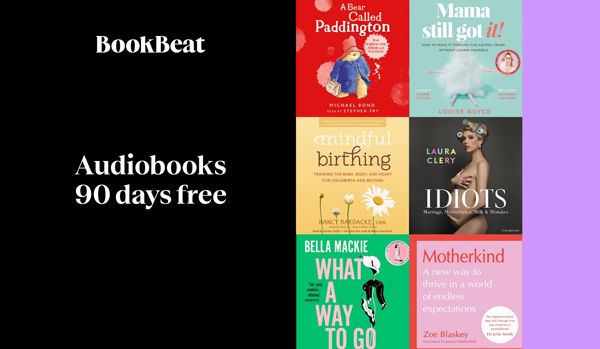During your pregnancy, understanding what food and drink to avoid (or limit) is key for ensuring a healthy baby.
Advice from the NHS is clear on how much caffeine you should consume when pregnant. Don’t worry; caffeine is still on the table... just don’t go overboard!
The NHS recommends limiting your caffeine intake to 200mg per day so you can still have your morning cuppa! However, exceeding this amount regularly can increase your risk of pregnancy complications, such as low birth weight and miscarriage.
Why Should I Avoid Caffeine When Pregnant?
Your body absorbs caffeine quickly, and the caffeine can easily pass into the placenta and foetus.
Because unborn babies don’t yet have the main enzyme needed to metabolise caffeine, high levels can build up and can ultimately restrict fetal growth and increase the risk of low birth weight at delivery (less than 5lb 8oz), which in turn could increase the risk of infant death.
Expert Tips for Reducing Your Caffeine Intake During Pregnancy
We caught up with Kate Hilton, Registered Dietitian, for her advice on caffeine intake during pregnancy. Here's what she had to say:
One piece of advice mums-to-be will be given during their pregnancy is to reduce their caffeine intake to no more than 200mg/day, which is the equivalent to 2 cups of instant coffee, 1 cup of barista style coffee from a coffee shop, 2-4 cups of black tea (depending on how long you steep it for) or 6 cans of cola.
This can be very difficult for many people, so here are my top tips to make this transition easier:
- 1. If you can, start reducing your caffeine content before your pregnancy. This can prevent the caffeine headaches during the first trimester, which you'll be thankful for if you end up with morning sickness.
- 2. Prioritise your favourite caffeinated beverage. If you are someone who really enjoys a coffee-shop coffee, prioritise this over caffeinated beverages you don't like as much.
- 3. Try the decaf alternatives. They may take some getting used to, but most people eventually struggle to tell the difference once their taste buds adapt.
- 4. If you don't like the decaf varieties, try herbal or fruit teas instead. Pro tip: ginger and mint teas are especially good for nausea.
- 5. Be aware of hidden caffeine. Green teas, chai, soft drinks, dark chocolate, herbal supplements (such as guarana) and even painkillers can contain caffeine and should be counted towards your daily intake.
- 6. If you find you are having significant energy dips without caffeine, ensure you are eating enough and regularly. Many people use caffeine as a replacement for food, and so you may find you have less energy without it.
What Does 200MG of Caffeine Look Like?
There is:
- 100mg in a mug of instant coffee
- 140mg in a mug of filter coffee
- 65mg in a shot of espresso
- 75mg in a mug of tea (green tea can have the same amount of caffeine as regular tea)
- 70mg in a mug of matcha tea
- 15mg in a cup of kombucha
- 34mg in a can of full-fat Coke
- 40mg in a can of diet Coke
- 80mg in a 250ml can of energy drink
- less than 25mg in a 50g bar of plain dark chocolate
- less than 10mg in a 50g bar of plain milk chocolate
Want to know more about what food and drink to avoid during your pregnancy? Read out article on 10 food and drinks to avoid while pregnant!





